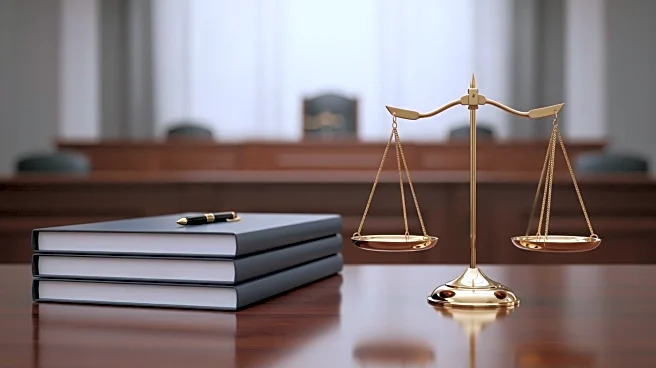What's Happening?
Governments worldwide are advancing strict age-verification requirements for social media, with the United States potentially following suit. International policy shifts and ongoing U.S. litigation against
Meta are bringing the prospect of an under-16 social-media ban closer to reality. Australia and Malaysia have enacted under-16 bans, while Europe is rolling out privacy-preserving age-verification standards. A multistate lawsuit alleges Meta avoids tools that could keep younger children off its platforms. Supporters argue such measures could ease mental-health and safety concerns, while critics warn that forcing teens off mainstream platforms may drive them into riskier online spaces.
Why It's Important?
The global shift towards stricter age verification is reshaping expectations for U.S. policy. The Children’s Online Privacy Protection Act (COPPA) currently sets the minimum age at 13, but it does not require age verification and leaves enforcement largely dependent on whether platforms knowingly host under-13 users. The convergence of global policy reforms and detailed allegations in the Meta lawsuit suggests that America’s debate over stronger age restrictions is accelerating. This could lead to significant changes in youth online policy, impacting how platforms operate and how minors access social media.
What's Next?
As platforms begin building global age-assurance systems and courts scrutinize Meta’s practices, the U.S. will soon be forced to decide whether to raise the minimum age or mandate stronger verification. This decision could set the stage for the most significant change to youth online policy in decades. The regulatory landscape may shift more quickly than expected, with potential implications for social media companies and young users.









